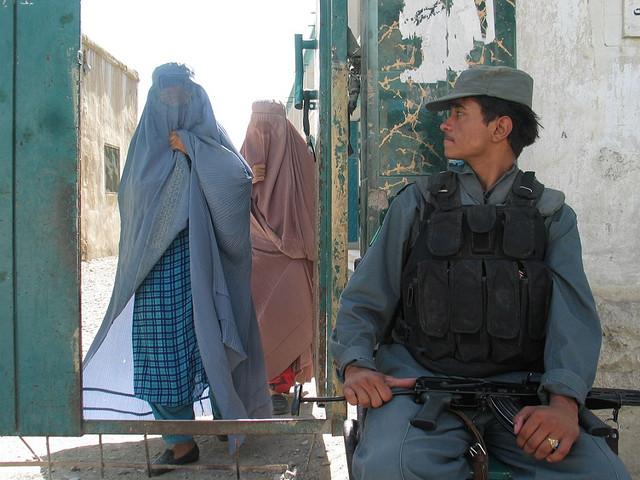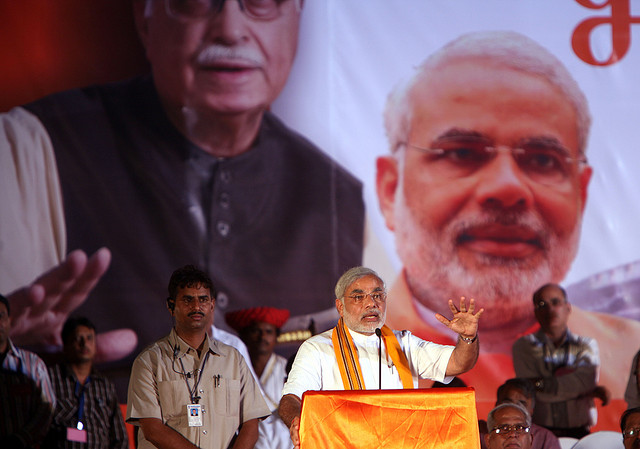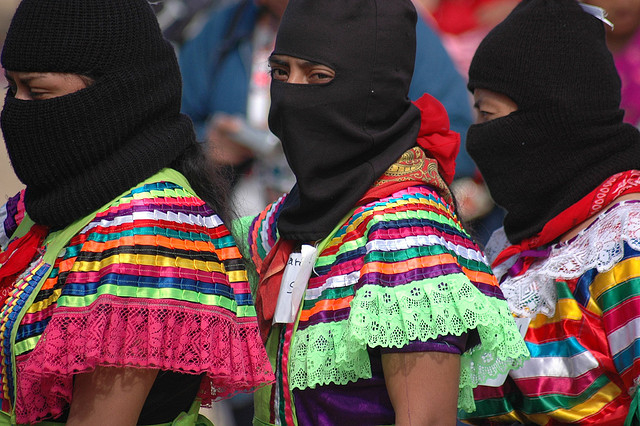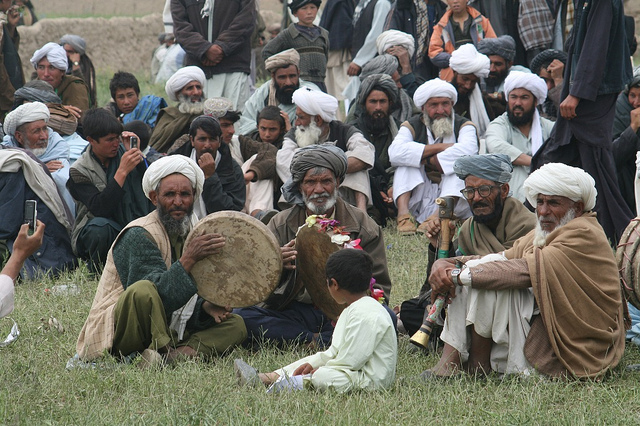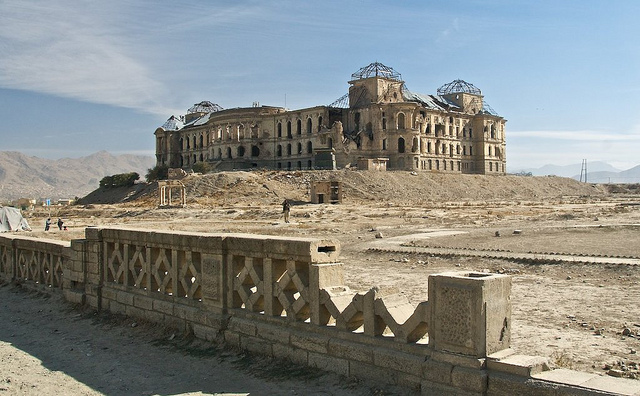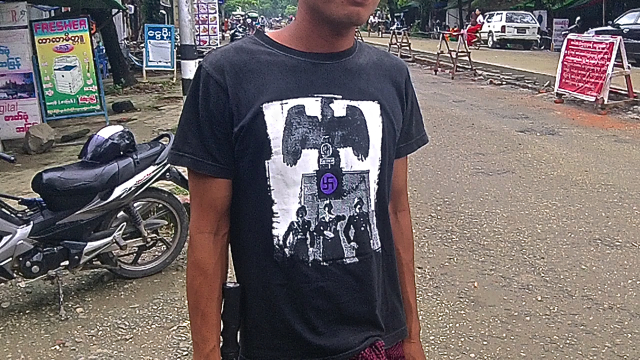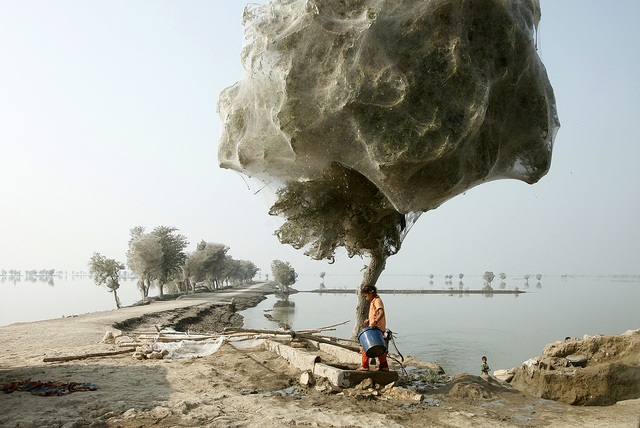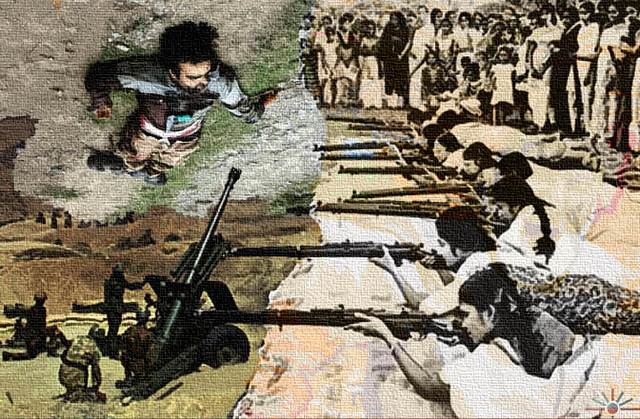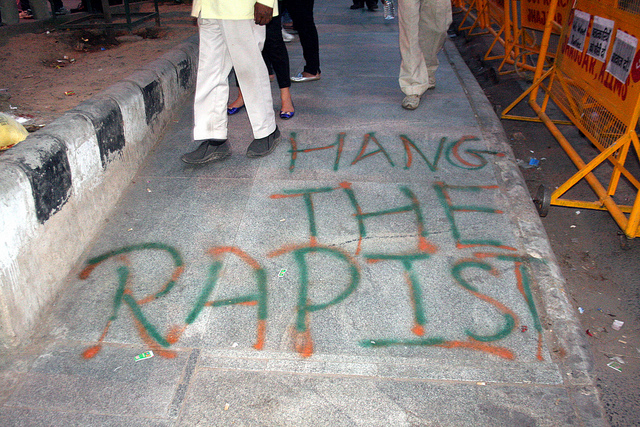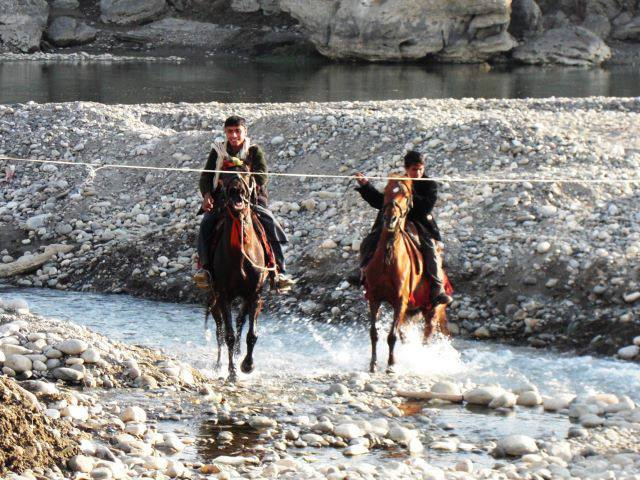You’ve heard it all before. Whenever analysts discuss how to bring democracy to Afghanistan, they emphasize the need for security and development as necessary prerequisites. It’s an appealing model, for sure. Security means an end to feudal politics. Infrastructure means a better standard of living. Democracy comes next. (More…)
Asia
It’s a leftist cliché. Every crisis-ridden country risks its own Weimar moment. Whether it’s true or not is almost beside the point. The original German reference is unique to its circumstance. Still, the admonition is not without merit. It works precisely because the analogy has a universal quality to it. India’s forthcoming elections are a good example. (More…)
War continues in the restive tribal areas of Pakistan and Afghanistan. After several failures at democratization, many of us continue to seek a way to break the impasse. I believe that we must reformulate ourselves, and take inspiration from the Zapatistas. (More…)
It’s difficult to access pornography in Yemen. Most adult websites are blocked by a firewall. It was at the end of a particularly bloody week in the capitol city, and I was looking for some diversion. An article in Gentlemen’s Quarterly intrigued me, not the least because GQ is itself somewhat risqué. (More…)
I was speaking to my mother about democracy, expressing wariness about European models, which many Pakistanis associate with the Soviet-inspired experiments of the Afghan Communist era. I mentioned the jirga, as a way of envisioning direct democracy, in South Asian vernacular. She found it appealing. “That’s like the old days, people coming together to talk about their problems, that isn’t from the West,” my mum replied. (More…)
I’d said that Afghanistan’s future had been ruined by naive leftists. The analysis visibly bothered one of my classmates. Perhaps it wasn’t as subtle as it could have been. I still stand by it. Afghan Communists blew it. Not just because their missteps allowed for foreign meddling. But also because they failed to understand democracy. (More…)
It was my second visit to the town of Sittwe, in Burma’s western Rakhine state this year, and my third visit to the country itself in six months. Prompted as much by what seemed like fate as opportunity, I had journeyed once again to this part of the world in order to write about the plight of the Rohingya ethnic minority, a stateless people whose suffering and increasing proximity to disaster are not well-known in the West. (More…)
I just got off the phone with a Pakistani-American friend, who had just read a Facebook post of mine. He called me to ask if I could elaborate on the first sentence: “I have no patience for people in the Diaspora who say that Pakistan is finished.” I replied that I’m aggravated with how expats often give a desperate assessment of our country’s prospects. (More…)
Phoolan Devi was shot dead on July 25th, 2001. The gunmen fled the scene, and within two days, a man named Sher Singh Rana surrendered himself to police, saying that the murder was an act of revenge. For many Indians, the following years of police incompetence, and Rana’s own short-lived escape from Tihar Jail in 2004, were to be expected. (More…)
Blaming women for rape? Bollywood actresses talking smack are an obvious satire. The sarcastic video called It’s Your Fault, by comedy troupe All India Bakchod, has won praise, as well as criticism, including from progressives, normally skeptical of English-language productions. For foreigners, it’s a great introduction to how seriously Indians are taking the sex crimes epidemic sweeping their country. (More…)
Abdul Ghaffar Khan is a forgotten hero. This is to Pakistan’s detriment, as its perspective is saturated with praises of Muhammad Ali Jinnah, but scarcely pays respect to Khan, and the frontier political movements he helped create. Of course, the anti-colonialist’s absence from the historical record is purposeful. (More…)
I am a “Third Culture Kid” (TCK) who attempts to push existing definitions of what that means. The term was originally coined by sociologist and anthropologist Ruth Hill Useem, based on her experiences with American expatriates in India during the early 1950s. It was meant to refer to expat children who accompany their parents into a new society, and thus must adjust their identities to reflect that. (More…)
